Special Reports are longer, often more technical, documents consisting of entire articles, government statements, and other documents relevant to security and peace in Northeast Asia.
Illustrative Assessment of the Risk of Radiological Release from an Accident at the DPRK LWR at Yongbyon
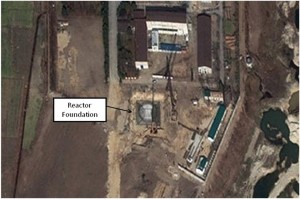
by David F. von Hippel and Peter Hayes 6 May 2014 The Nautilus Institute for Security and Sustainability I. INTRODUCTION The March 11, 2011 Sendai earthquake and resulting tsunami, in addition to causing tragic loss of life in Japan, triggered a series of events at the Fukushima Dai-ichi nuclear power plant that resulted in the release […]
Go to the articleThe Japanese Energy Sector and Nuclear Spent Fuel Scenarios
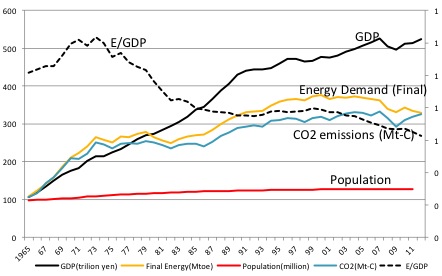
by Kae Takase 29 April 2014 From the Governance Design Laboratory (GDL), originally published on December, 2013. I. INTRODUCTION: Brief history of the japanese energy sector The Japanese economy, as measured by gross domestic product (GDP) grew rapidly during the 1960s through the1980s. In 1991, what has been called Japan’s “ bubble economy”, crashed, ushering […]
Go to the articleAn Updated Summary of Energy Supply and Demand in the Democratic People’s Republic Of Korea (DPRK)

by David F. von Hippel and Peter Hayes 15 April 2014 This Special Report was originally published as a Working Paper 2014-2 by the Center for Energy, Governance and Security at Hanyang University, Seoul. I. INTRODUCTION During the decade of the 1990s, and continuing into the second decade of the 21st century, a number of issues have focused international attention […]
Go to the articleDeep Borehole Disposal of Spent Fuel: International Developments and Implications for NE Asia

by Neil A. Chapman 25 March 2014 This Special Report was originally published as a Working Paper 2013-12 by the Center for Energy, Governance and Security at Hanyang University, Seoul. I. INTRODUCTION Deep borehole disposal (DBD) has been discussed as a possible means of disposing of spent fuel (SF) from nuclear power reactors in some East Asian countries, to support […]
Go to the articleShale Gas Revolution and Desperate “Eastward” Energy Policy of Russia

North America’s shale gas revolution has fundamentally changed North America’ s energy market, thereby bringing new opportunities and challenges to the Northeast Asian LNG market.
For North America, due to the increase in shale gas production, the export-import structure of gas in the US has been reversed, and the possibility of energy independence has increased. In the meantime, Canada, being almost fully dependent on the US for gas export, can not help but explore new markets, which is in fact the Asian market.
For major Northeast Asian gas importers, such as Japan and Korea, which are heavily dependent upon the Middle East and East Asia, Russia’s East Siberia is considered a new alternative for the purpose of diversifying LNG import sources for the past decade. Therefore, Northeast Asian countries tried their best to secure East Siberian gas through enhancing their bilateral relationships with Russia. However, due to the recent shale gas revolution in North America, the Northeast Asian region now encounters new opportunities in LNG contracts, which is totally different from the situation in the past.
In the mean time, once the negotiation on gas prices between Russia and China is settled, 38bcm of Russian gas will be introduced to China, In this regard, Korea and Japan should pay attention to the possible revamp in the Northeast Asian energy market and the impact related to securing energy supplying sources.
Under these circumstances, the introduction of American shale gas with a cheap price and favorable conditions Ci.e., Henry Hub price, without the clauses of take or pay and destination, etc.), or Canadian gas with relative advantages in terms of transportation distance and gas reserves, is predicted to exert a significant impact on the Northeast Asian LNG market.
Given that Northeast Asia has been significantly dependent on the Middle East or neighbouring East Asia in terms of energy security, if the region become the beneficiaries of North America ‘s shale gas revolution, the most notable thing would be that America and Canada, which have been alliances in political and military contexts, will become alliances of Korea and Japan in energy security as well. It can be referred to as a grand paradigm shift.
Apart from North America, Australia and East Africa have huge potential in gas production, which can enhance the buyers’ power in the Northeast Asian LNG market.
For Korea, the implication of East Siberian gas is not simply limited to the area of energy security, since the PNG project (gas pipeline linking Russia and South Korea via North Korea) based in East Siberian gas fields are considered as important methods to secure peace and prosperity on the Korean peninsula and in Northeast Asia. However, this project is thought to have missed a good time to be commenced, and Russian gas is losing its price competitiveness s compared to North America and Australia.
In conclusion, it is necessary to establish new rules and policies in the Northeast Asian energy market and within the regional situation as a whole. Initiatives on the LNG trading hub in the Asian region should be pushed forward through closer regional cooperation. In particular, Korea, Japan, and China, as major consumers, have to share common interests and make the maximum use of the favorable conditions of the shale gas revolution. Furthermore, the scope of cooperation should not be limited to Northeast Asia, which includes Korea, Japan, China, etc., but be expanded to the Asia Pacific region including North America.
Go to the articleLNG Import Diversification in Asia

Asia’s share of global demand for natural gas has increased from 13 to 18 per cent over the past decade, and t…
Go to the articleThe Impact of the “Shale Gas Revolution” on Russian Energy Strategy
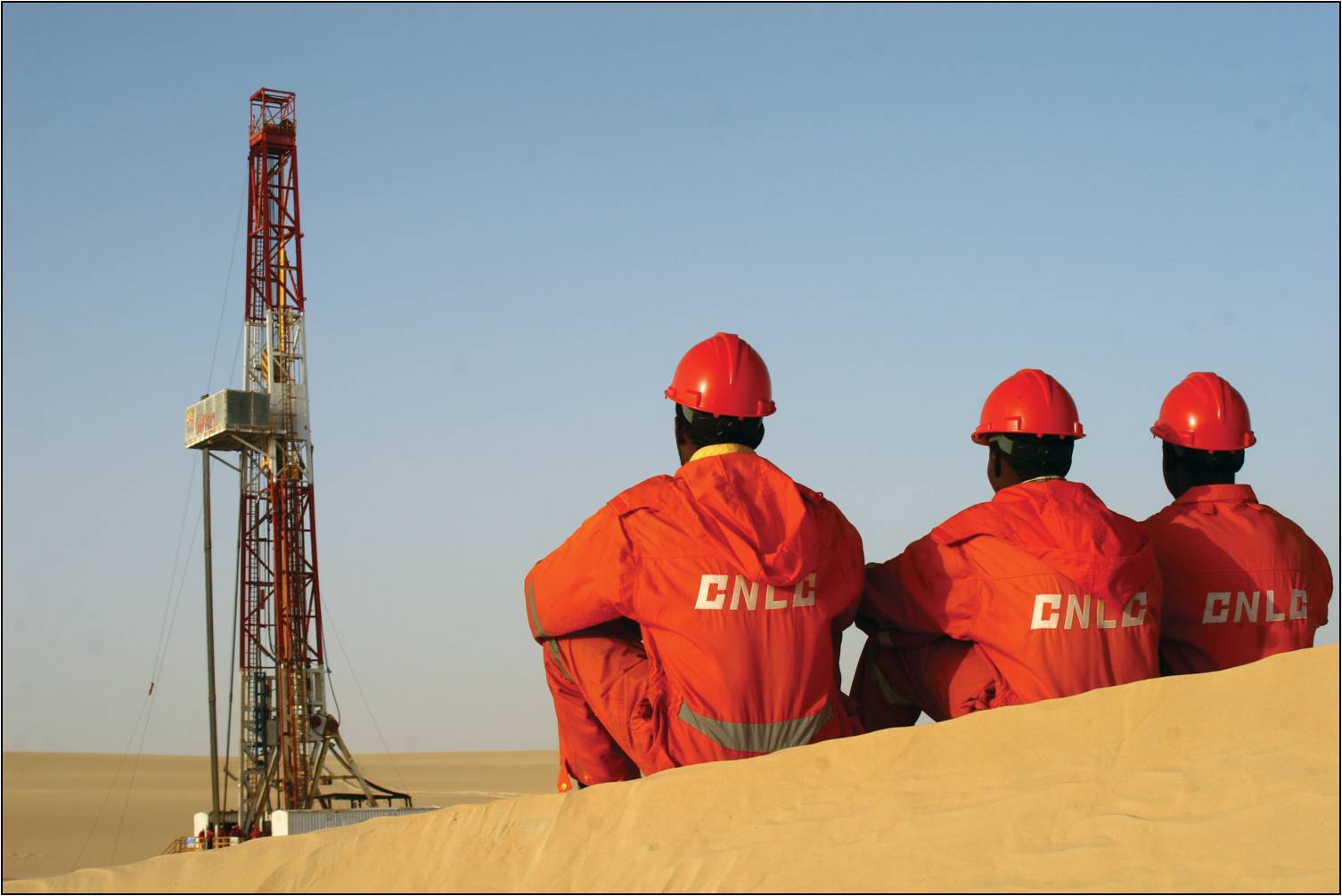
The successful development of shale gas extraction and production in North America has spread a positive outlook within the international energy community, which envisages that a great availability of gas in the next years will contribute to diversifying the energy mix, reducing emissions, and enhancing energy security. However, the emergence of the “shale revolution” is perceived as a serious energy threat by Russia, because it could severely affect its role as a major gas supplier. Thanks to the combination of LNG developments and shale gas production, a growing gas availability in global markets poses questions about the ability of Russia to keep gas exports to Europe at current levels and to develop the Eastern vector through growing gas exports to Asian markets.
Fabio Indeo holds a Ph.D in Geopolitics, Geostrategy and Geoeconomy at the University of Trieste (Italy). Currently he is EGS researcher and lecturer on “Conflicts and energy resources” at the Master in Peacekeeping and Security Studies (University of Roma Tre, Italy). His research fields are energy security, and geopolitics of pipelines and energy transport routes.
China’s Shale Gas: Current Perspectives
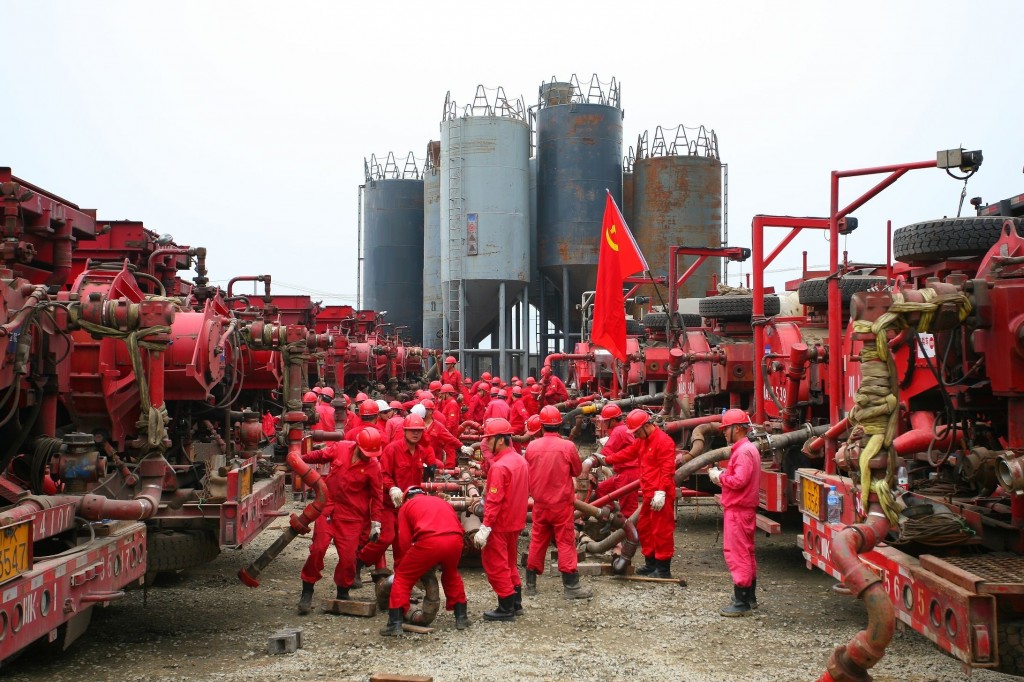
by Chen Weidong, Jiang Xi-Min and Zhou Xiaolai 11 February 2014 This Special Report was originally published as a Working Paper 2013-6 by the Center for Energy, Governance and Security at Hanyang university, Seoul. I. Introduction The energy sector of China is facing three challenges. This includes ensuring energy supply, reducing carbon emission, and furthering international cooperation. Advancing the E&P of natural […]
Go to the articleRethinking Energy Security in Northeast Asia
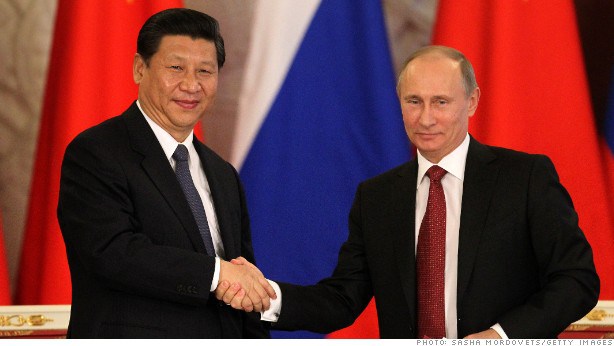
In this Special Report, Younkyoo Kim writes that despite both governments’ endless profession of an identity of interests between Russia and China, the truth is quite different. On global issues like intervention in third countries, non-proliferation, democracy promotion and Central Asia, Russia and China jointly act to resist US notions of a liberal world order dominated by its power. However, in regard to the regional security agenda in Asia we find only barely concealed and even potentially serious, if unadvertised, rivalries, e.g. in regard to Japan and Southeast Asia. Thus Russia is trying to do two contradictory things at the same time, namely bandwagon with China on the global and anti-American agenda, while attempting to carve out an independent balancing act directed to constrain China at the regional level. Kim contests that the deep-seated regional divergences between Moscow and Beijing throughout Asia have not been resolved and may not be capable of resolution given the dynamic forces at play throughout these areas.
Younkyoo Kim is Director of the Center for Energy Governance & Security and Associate Professor in the Division of International Studies, Hanyang University, Seoul, Korea.
Go to the articleAssessment of Energy Policy Options for the DPRK Using a Comprehensive Energy Security Framework
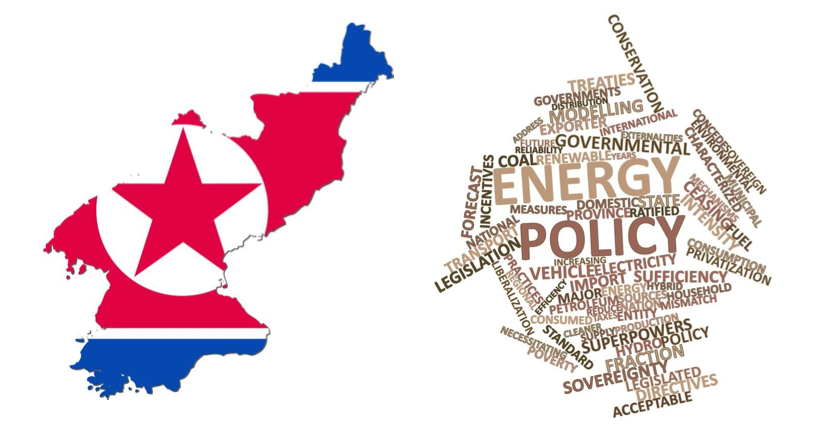
The term “energy security” has typically meant little more than securing access to sufficient quantities of fossil fuels at reasonable prices. A broader concept of energy security is needed to adequately consider the full costs and benefits of potential energy policies designed to cope with not only fuel sufficiency and price, but also complex challenges ranging from climate change, to local energy-related pollution, to the social, political, and radiological fallout of the Fukushima nuclear power plant accident in 2011, to cite just a few examples. This paper updates the authors’ concept of a comprehensive energy security assessment framework that includes not only energy supply and economic considerations, but also technological, environmental, social/political/cultural, and international/military security dimensions of energy security. We apply this concept to an assessment of selected energy sector redevelopment “paths”—essentially, quantitative descriptions of energy futures—for North Korea, comparing the relative quantitative and qualitative costs and benefits from each of these energy security dimensions from both the perspective of the DPRK and from the perspective of the broader Northeast Asia (and interested parties) region. We conclude with an exploration of the energy policies that our energy security assessment identifies as “robust”, that is, useful across the full range of energy security dimensions.
David F. von Hippel is a Nautilus Institute Senior Associate. His work with Nautilus has centered on energy and environmental issues in Asia, with a particular emphasis on Northeast Asia and North Korea. Peter Hayes is Executive Director of the Nautilus Institute and a Professor of International Relations at RMIT University.
Go to the article
